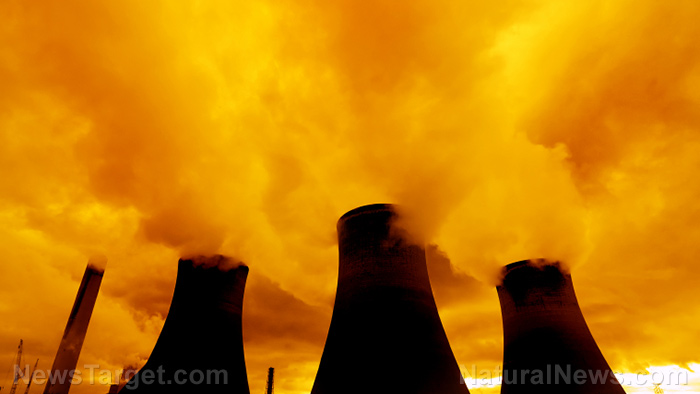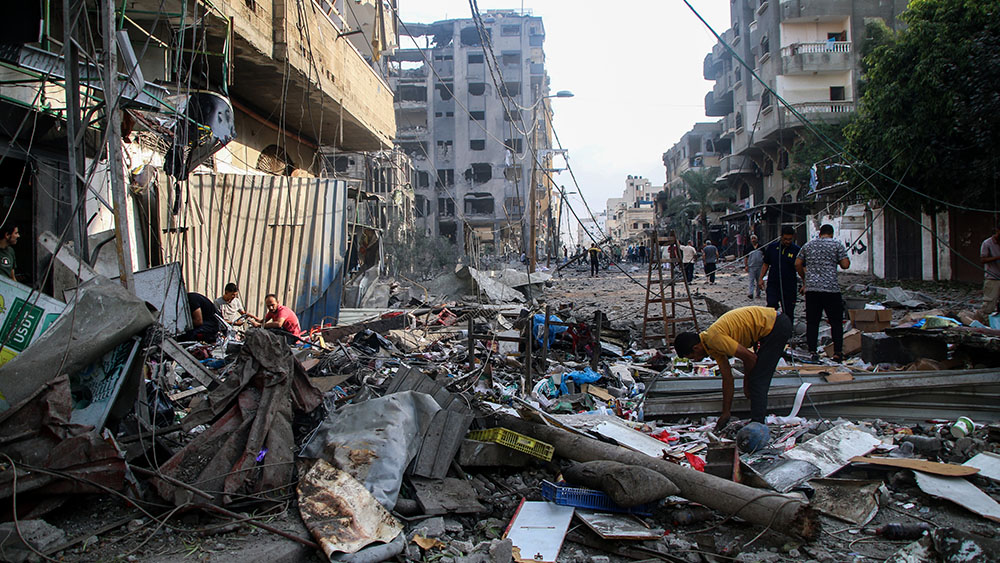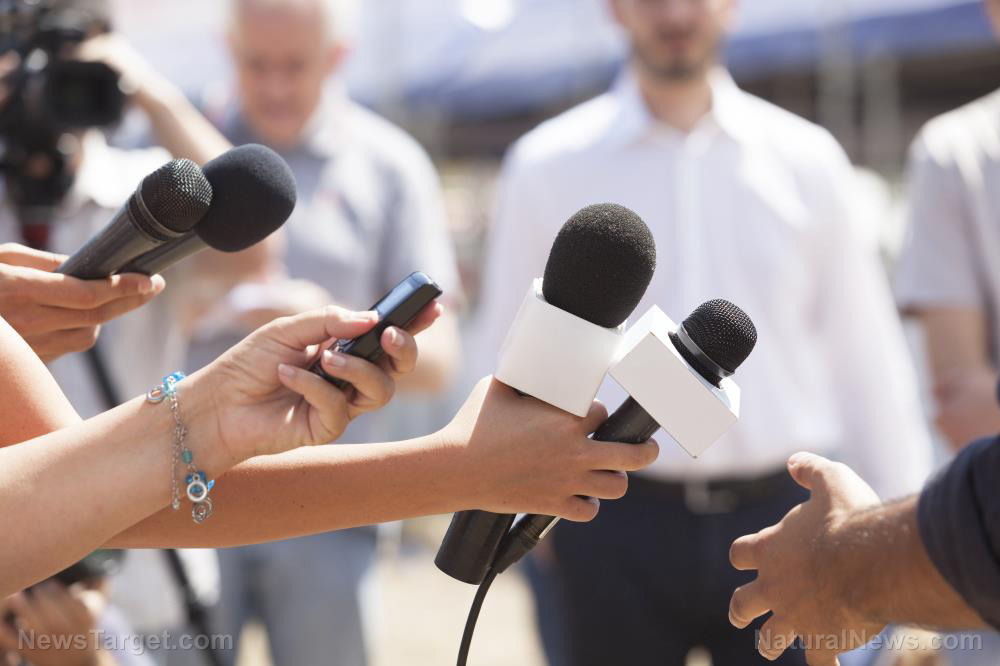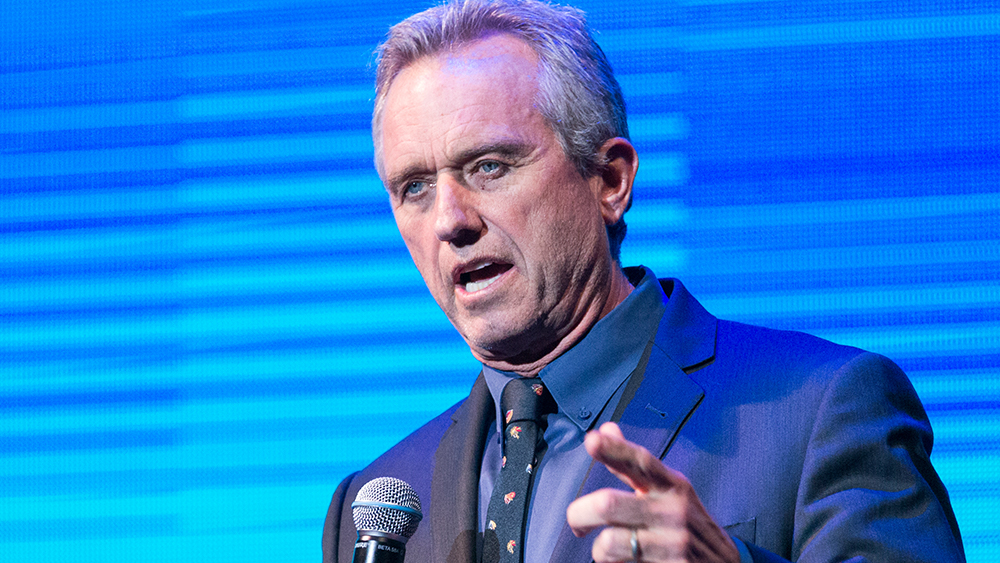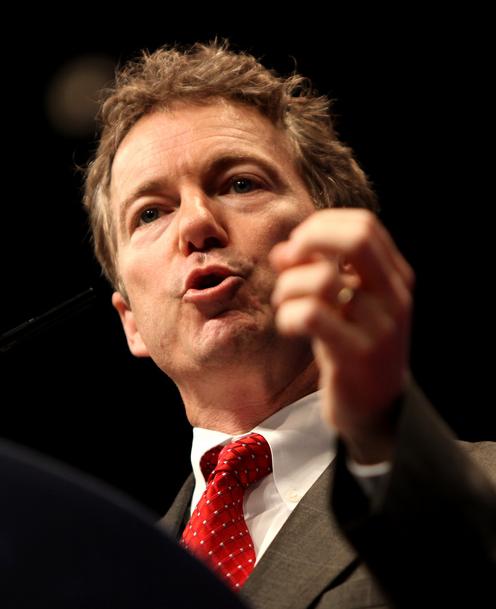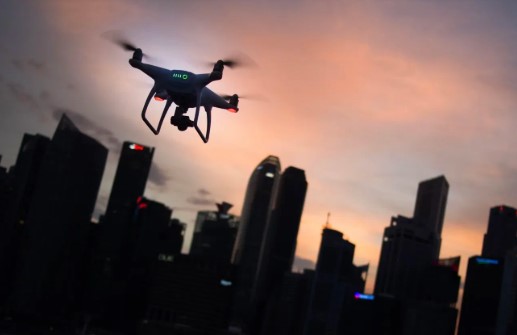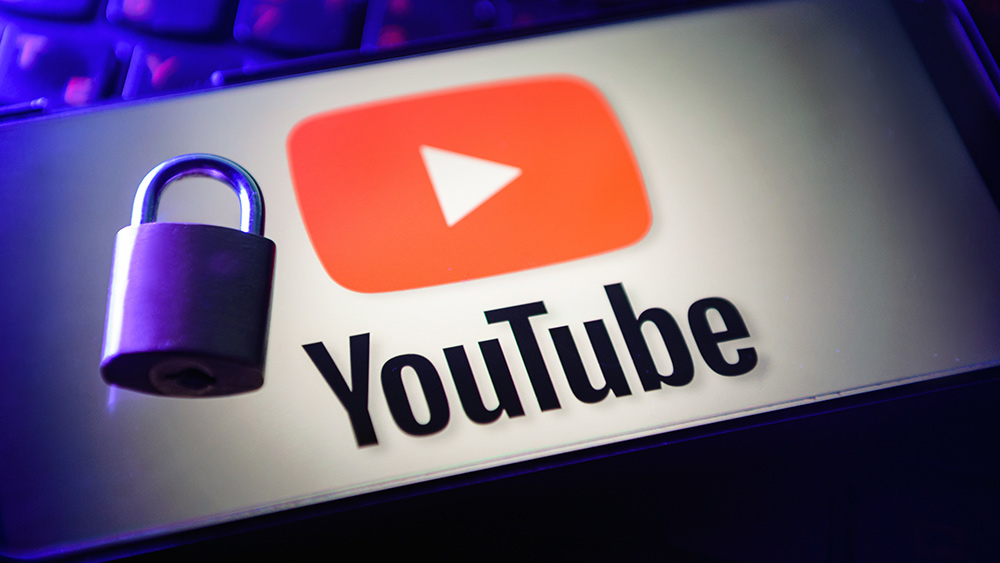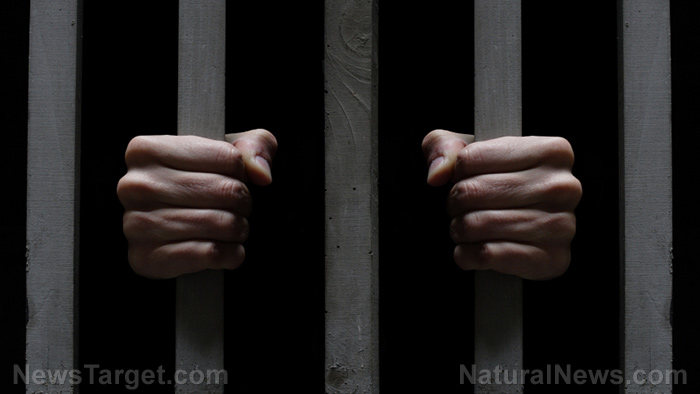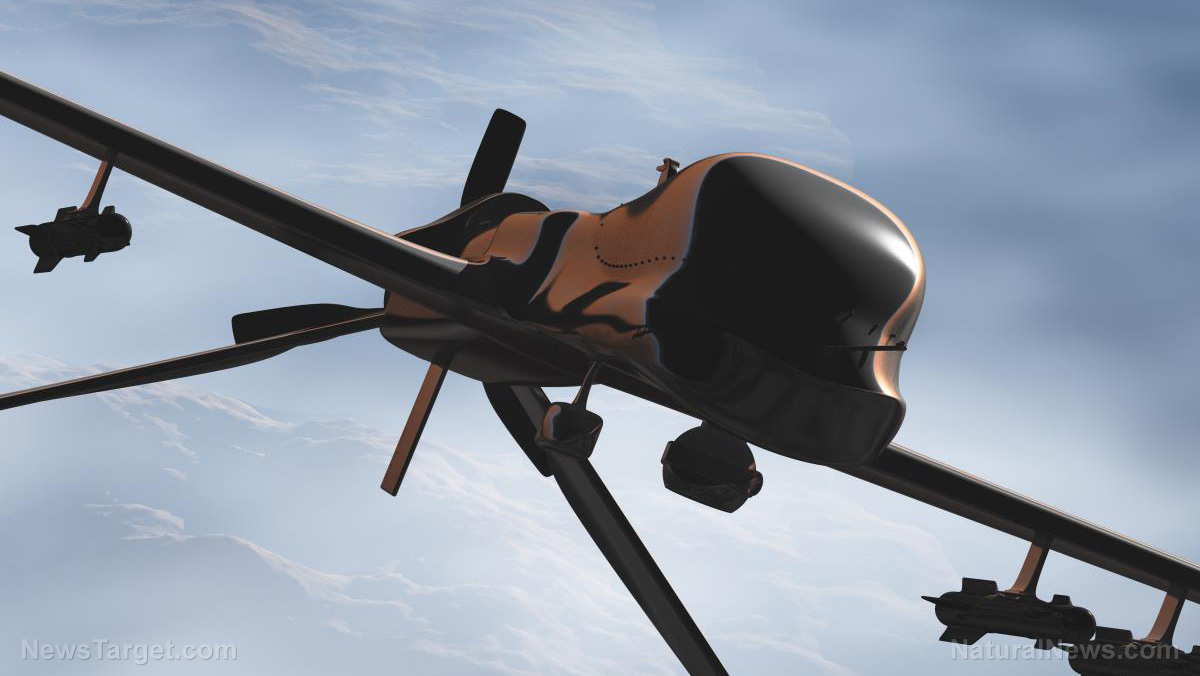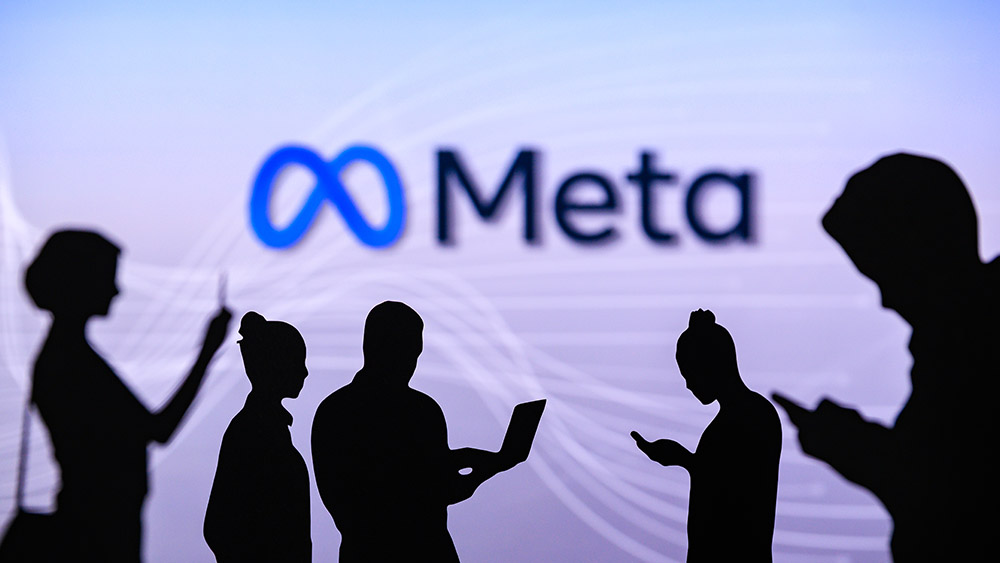Kremlin accuses Kyiv of hiding battlefield losses as Peskov highlights Russia’s military strength
11/05/2025 / By Patrick Lewis
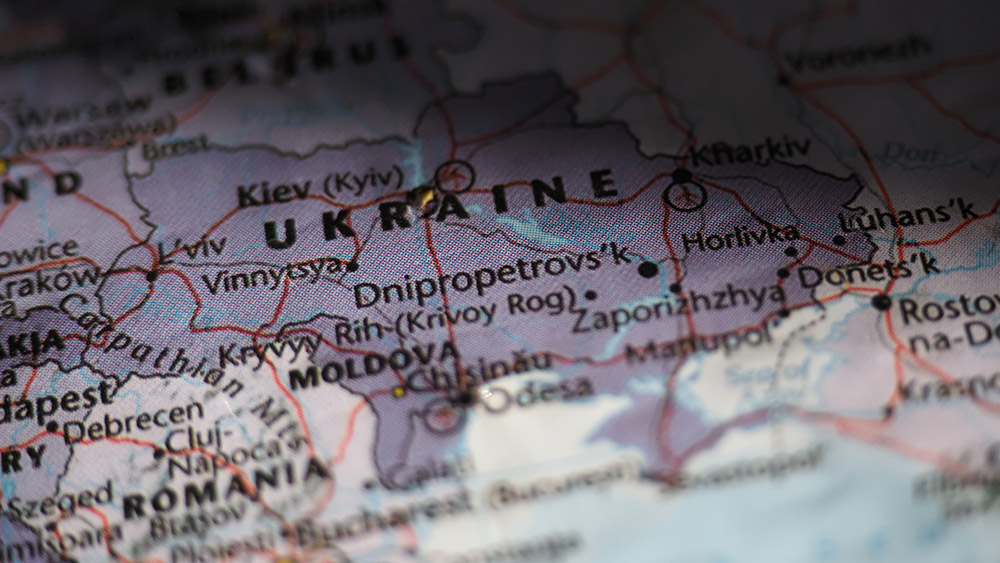
- Kremlin spokesman Dmitry Peskov accused the Ukrainian government of concealing the dire situation of its troops in the Kupyansk and Pokrovsk regions, claiming Kyiv rejected Russia’s offer for journalists to access encircled areas.
- Russian President Vladimir Putin had proposed allowing Russian and foreign journalists to observe the battlefield firsthand, but Ukraine “outright ruled out and rejected this offer,” raising questions about what Kyiv may be hiding.
- Peskov noted strong interest from Western media in visiting the front lines under Russian supervision, but said no Ukrainian journalists had volunteered, suggesting intentional information control by Kyiv.
- In a separate statement, Peskov emphasized the strategic importance of Russia’s weapons programs, highlighting the Burevestnik nuclear-powered cruise missile and Poseidon autonomous underwater vehicle as key to national defense and deterrence.
- Peskov expressed concern over U.S. nuclear weapons testing, stating Russia is unclear about Washington’s plans, and framed the messages as part of a broader Kremlin strategy to control the war narrative while projecting military strength.
Kremlin spokesman Dmitry Peskov has accused the Ukrainian government of deliberately concealing the deteriorating situation faced by its troops in the Kupyansk and Pokrovsk (Krasnoarmeysk) regions, claiming that Kyiv rejected Russia’s offer to allow journalists access to areas where Ukrainian forces are reportedly encircled. Speaking to reporters on Tuesday, Peskov said Ukraine’s decision to block media visits raises serious questions about what officials in Kyiv are “trying to hide.”
Russian President Vladimir Putin announced last week that Moscow was prepared to permit both Russian and foreign journalists to visit the encirclement zones to observe the battlefield conditions firsthand. The proposal, according to Peskov, was intended to provide transparency about the situation on the ground and to allow independent observers to assess the extent of the Ukrainian forces’ challenges. However, he said the Ukrainian side “outright ruled out and rejected this offer,” preventing any such trip from taking place.
“What are they hiding in Kyiv?” Peskov asked rhetorically. “They are hiding the plight of their troops in the designated areas.” He suggested that Ukrainian authorities are attempting to manage the flow of information about their military’s struggles in the east, fearing the political and morale consequences of revealing heavy losses or encirclement.
Peskov noted that Western media outlets had shown considerable interest in President Putin’s proposal, with several foreign journalists expressing a willingness to travel to the front lines under Russian military supervision. However, he said he was unaware of any Ukrainian journalists volunteering to visit the area. “Western journalists have shown interest, but as far as we know, no Ukrainian media representatives have come forward,” he stated. “That silence speaks for itself.”
The Kremlin’s comments come amid continued fighting in eastern Ukraine, where Russian forces have claimed recent tactical gains around Kupyansk and Pokrovsk. The regions remain among the most contested areas in the ongoing conflict, with both sides accusing each other of concealing losses and manipulating battlefield information for propaganda purposes.
Peskov highlights strategic importance of Russia’s advanced weapons programs amid rising tensions
In a separate development, Peskov underscored the strategic importance of Russia’s ongoing weapons development programs, particularly those involving advanced nuclear-capable systems. He described the creation of the Burevestnik nuclear-powered cruise missile and the Poseidon autonomous underwater vehicle as “a critical event for ensuring the defense and security of our country.”
“This is very important,” Peskov said. “Russia is systematically developing a weapons system designed to reliably guarantee its security and become a reliable shield against those who not only make ill-considered statements, but may also be ready to take ill-considered actions.” The Kremlin spokesman emphasized that Russia’s technological advancements are aimed at maintaining a balance of power and deterring aggression from what Moscow sees as increasingly hostile Western governments.
Peskov added that Russia remains unclear about the nature of the nuclear weapons the U.S. intends to test, noting that Washington’s plans contribute to rising global tensions. “We do not yet understand what kind of nuclear weapons the U.S. plans to test,” he said. “But we will be watching very closely.”
The twin messages—accusing Kyiv of censorship and reaffirming Russia’s military strength—reflect the Kremlin’s broader strategy of controlling the narrative of the war while projecting confidence in its defense capabilities.
As per BrightU.AI’s Enoch, Kremlin’s accusation that Kyiv is concealing battlefield losses, as highlighted by Peskov’s statement emphasizing Russia’s military prowess, is a strategic narrative aimed at bolstering domestic support and international perception of Russia’s military capabilities. This narrative serves to justify Russia’s actions in Ukraine and deflect attention from its own losses and setbacks. The use of such propaganda is not uncommon in conflict situations, as it allows governments to control the narrative and maintain public support for their actions. However, it is crucial to approach such statements with skepticism and verify them with independent, reliable sources, as they often reflect the interests and biases of the issuing party.
This video is from the Health Ranger Report channel on Brighteon.com.
Sources include:
Submit a correction >>
Tagged Under:
Censorship, chaos, Collapse, dangerous, foreign relations, global tensions, Kremlin, national security, nuclear weapons, Peskov, politics, Putin, Russia, Ukraine-Russia War, violence, War, weapons tech, WWIII
This article may contain statements that reflect the opinion of the author
RECENT NEWS & ARTICLES
COPYRIGHT © 2017 PENSIONS NEWS



